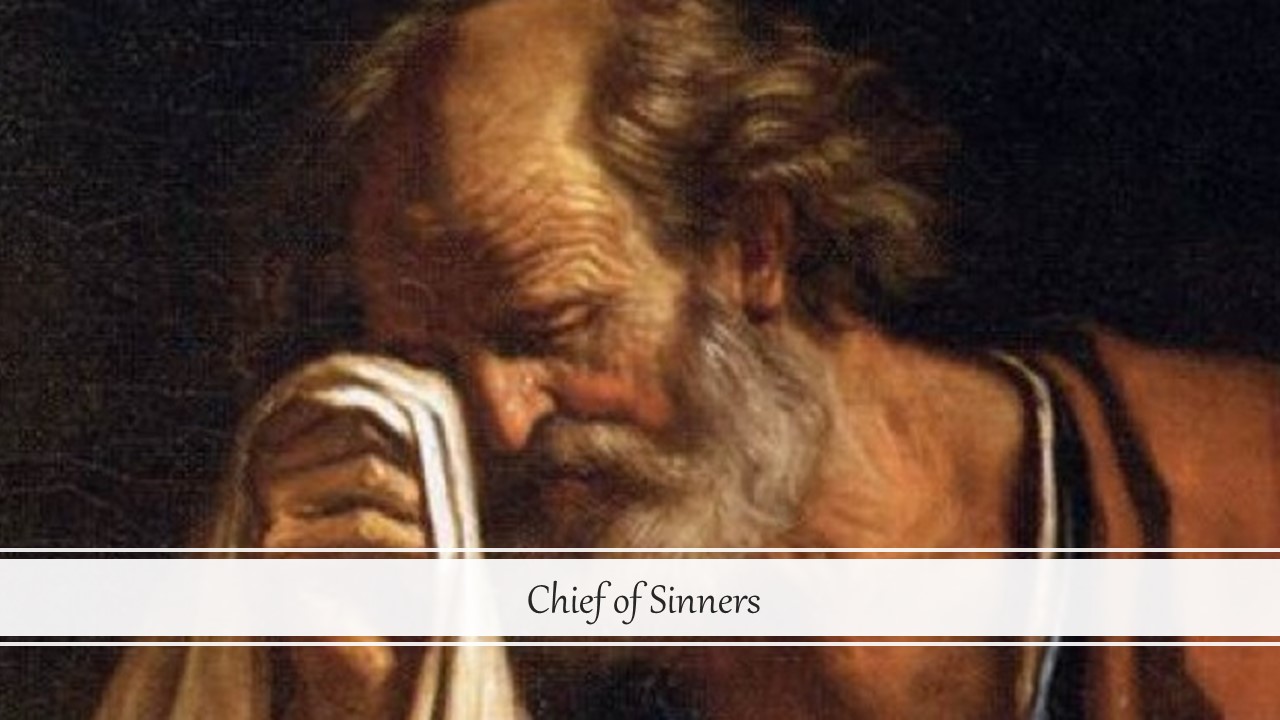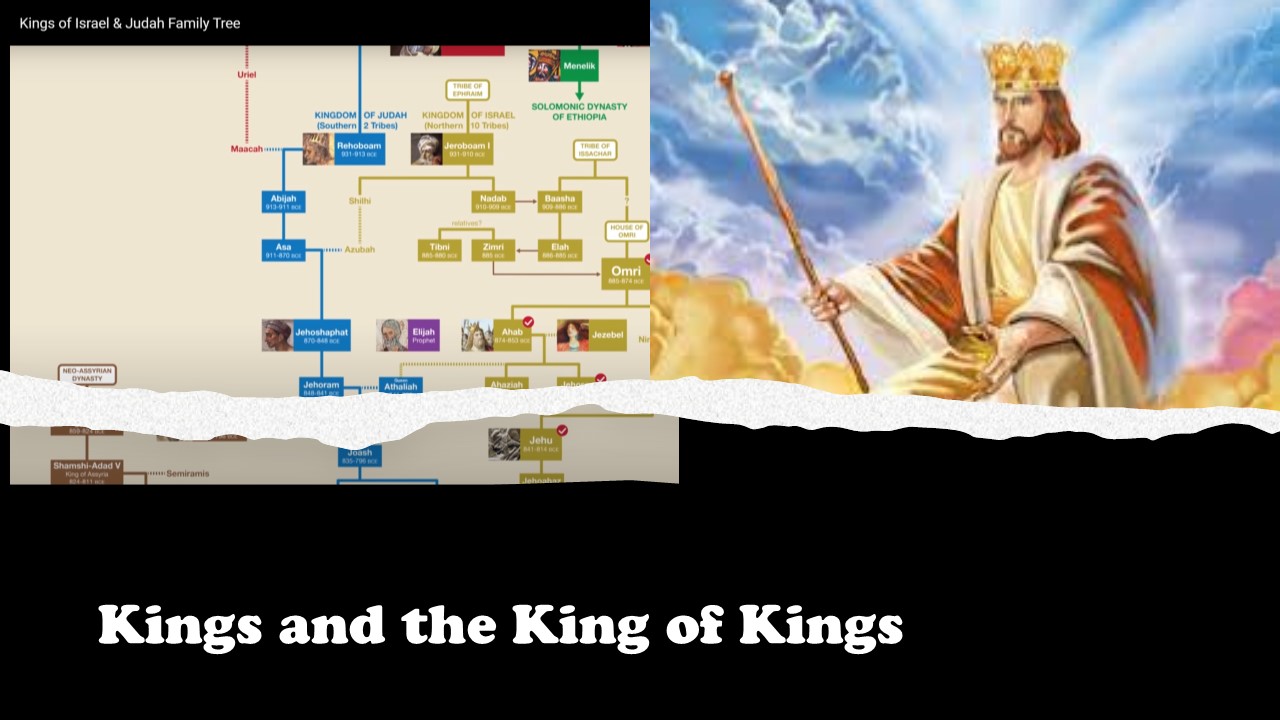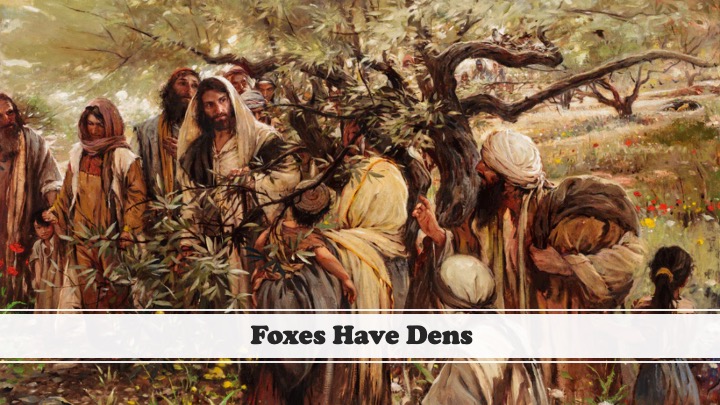In today’s episode, the profound teachings of Ezekiel and Jesus are explored, particularly focusing on the themes of judgment and mercy. Ezekiel, exiled in Babylon, vividly portrays God's judgment against Israel's idolatry and transgressions, using the metaphor of a consuming fire and storms. Yet, amidst this, he offers hope, urging repentance and a new heart and spirit for restoration.
Jesus, while echoing Ezekiel's call for moral rectitude, shifts the focus from external retribution to internal transformation. He emphasizes mercy, exemplified in his parables, and urges inward renewal based on love and compassion. His approach to judgment, particularly in the Sermon on the Mount, emphasizes a future, final judgment within the context of the Kingdom of God.
Both prophets weave a theme of justice and compassion. Ezekiel calls for social reforms and righteousness, while Jesus' message of forgiveness intertwines with demands for justice, particularly for the marginalized. This culmination of judgment and mercy is embodied in Jesus' life and death, confronting injustices while offering forgiveness.
The teachings of Ezekiel and Jesus offer insights for contemporary issues, advocating justice and compassion in personal and societal contexts. They call for introspection, personal transformation, and active engagement in social justice, encouraging a balance between internal transformation and commitment to collective justice.

In 1 Timothy 1:15, the apostle Paul summed up the gospel of God’s grace: “This is a faithful saying and worthy of all acceptance,...

As we study the lives of the kings in 2 Kings, we are reminded of the flaws of human leadership and the need for...

Jesus’ teaching on homelessness is deeply personal because He Himself lived without a permanent home during His ministry. In Luke 9:58, He reminds us...